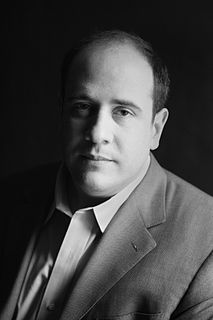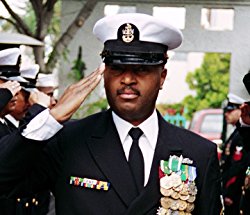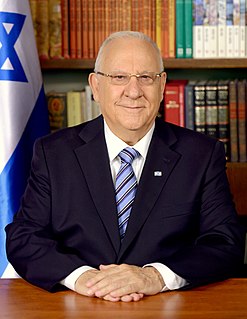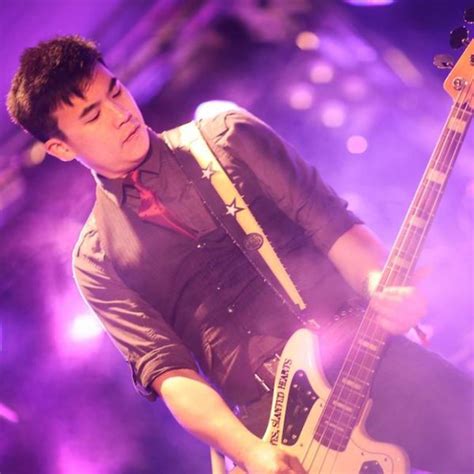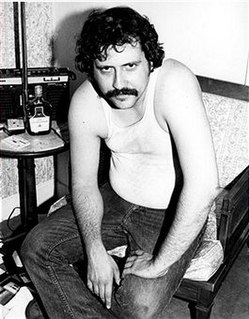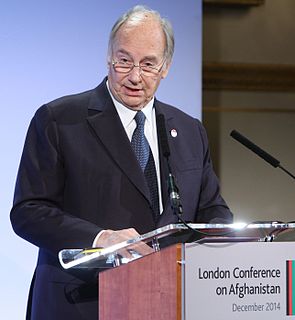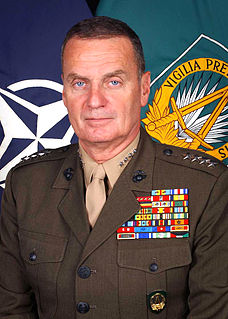A Quote by Jeff Sharlet
There are real radical Muslim groups out there that really are pretty villainous. You don't have to make them up.
Related Quotes
Pretty much all comic-book people, like all Hollywood people, for the most part, are pretty liberal. I think especially UK writers. Alan Moore is probably the most radical guy you'll ever meet. I grew up loving those guys, so my heroes, as a kid, were radical cartoonists, essentially. I couldn't help but - I grew up in a left-wing household. But I do think it's fun, writing right-wing characters. I've found it interesting, just as a writer, to get inside their heads and make them likeable.
The religiously observant is lumped in with the nominal Muslim, the nominal Muslim is lumped in with the non-Muslim and the radical. If we want to make sense of this mess and stop pushing Muslims into the arms of the extremist, we need to make meaningful distinctions between the religion of Islam that a billion Muslims follow and see as a guidance as a peaceful righteous moral life and the puritanical Islam of a minority which so captures the media's attention.
My strategy is pretty straightforward, which is to go after the bad guys, to make sure we do our very best to interrupt them, to - to kill them, to take them out of the picture. But my strategy is broader than that. That's - that's important, of course. But the key that we're going to have to pursue is a - is a pathway to get the Muslim world to be able to reject extremism on its own.
To a certain extent everybody has a certain sort of way of being a persona that they learn how to be when they're really little. They figure out that if they're really funny, or really pretty, or if they work really, really hard or are really smart, then that's what's going to get them by. That is what is going to make people like them.
The Muslim world, with its history and cultures, and indeed its different interpretations of Islam, is still little known in the West. The two worlds, Muslim and non-Muslim, Eastern and Western, must, as a matter of urgency, make a real effort to get to know one another, for I fear that what we have is not a clash of civilisations, but a clash of ignorance on both sides.
I worry most about proliferation of weapons of mass destruction in such a way that they could be acquired by non-governmental organizations, like terrorist groups, especially the radical groups. When a nation state has a nuclear weapon, it's a little bit easier to control the use of it, but for non-governmental groups it's much more difficult.
